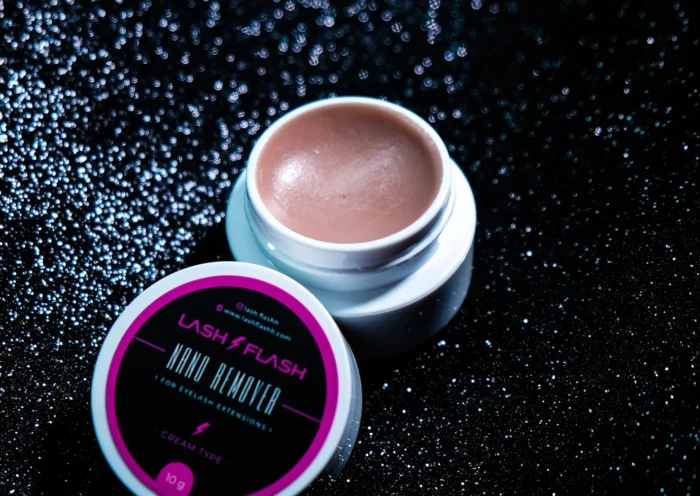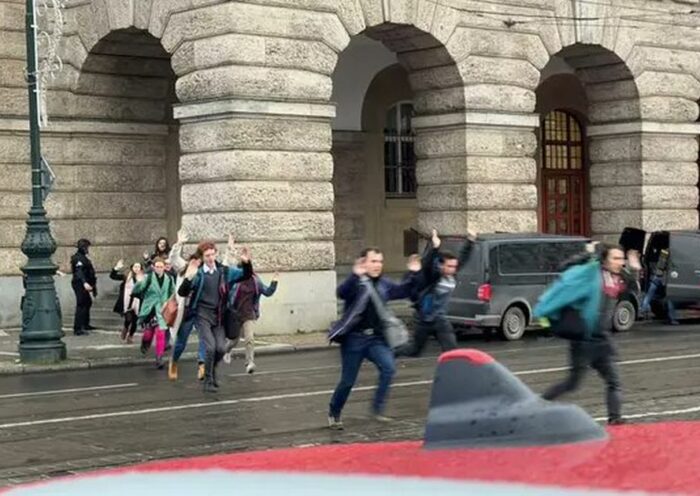Speed up lash application with Lash Flash tools In the competitive world of lash extensions, efficiency is key to success. Lash artists strive to deliver…
Daniel Andrews slams integrity agencies he says no one voted for
Save articles for later
Add articles to your saved list and come back to them any time.
Former premier Daniel Andrews has lashed out at integrity agencies in his first interview since stepping down as Labor leader.
Appearing on a podcast hosted by a former Labor campaigner, the ex-premier claimed there was “not an accountability officer that doesn’t want more money, more power”.
Former premier Daniel Andrews says integrity agencies should not pretend to have a mandate that’s equal to duly elected governments. Credit: Wayne Taylor
“That’s fine, that’s their job,” Andrews said. “They have opinions and views, and they’re more than entitled to those. But I’ll tell you what they’re not entitled to be. They’re not entitled to pretend that anyone voted for them. They’re not entitled to pretend that they’ve somehow got a mandate that is equal to, let alone superior to, the duly elected government.”
While former Independent Broad-based Anti-corruption Commission boss Robert Redlich has called on integrity agencies to be given greater powers to tackle lower-level corruption, IBAC did not seek greater funding as part of any pre-budget submission earlier this year.
The episode of the Socially Democratic podcast featuring Andrews was released on Friday, just days after Victorian Ombudsman Deborah Glass found top transport bureaucrats were kept in the dark about the development of the $125 Suburban Rail Loop, the state’s signature infrastructure project. However, Andrews’ hour-long interview appears to have been recorded before Glass released her two-year investigation into the alleged politicisation of the public service.
In her report, published on Wednesday, Glass did not find evidence of the government stacking the public service with Labor Party operatives. However, she did uncover rushed recruitment practices, opaque selection methods for senior government jobs and examples of direct appointments of former ministerial staffers into senior public servant positions.
Andrews told podcast listeners that there were “plenty of people” in senior public service roles who were members of the Victorian Liberal Party.
“I know them well, I respect them, I appointed them. Is it such a bolt from the blue that people who are involved in politics might also be involved in public policy? Might understand and be committed to serving others?
“Public service takes many different forms. And the notion that someone has got political beliefs – or used to work for a politician at some point in time – means that they’re forever prohibited from working for all of us… [it] doesn’t make any sense.”
The ombudsman, whose term is due to expire early next year, also identified a culture of fear among government employees. In one example, a public official lost their job after providing candid advice to the government shortly after its election win in 2014. In another, one of the first callers to the investigation’s hotline said they were “shit scared” of upsetting the government.
But Andrews, in his interview, cited an example of a top bureaucrat not being afraid to provide frank and fearless advice.
“I had the most senior public servant, at the very first meeting, literally, we’d only just been sworn in, tell me: ‘Oh, no, you’re going to have to build the East West Link’. I said, ‘no, I’m not. I’ve just had millions of people vote to not do that and instead voted for our alternative plan. And that’s what I’ll be building, thank you very much.’ It kept going, on and on and on.”
An IBAC spokesperson declined to comment. The Victorian ombudsman was also contacted for comment.
Andrews also addressed the “dictator” moniker that some have given him after he enacted some of Australia’s toughest coronavirus lockdown measures.
“If that makes people feel better by describing me in those terms, look, good luck,” he said.
“You know, in Victoria, the haters hate, and the rest vote Labor. And that’s fine by me. They can call me whatever they want. But what really matters is not that nonsense, that noise, that vitriol, that after-dark bullshit. And that’s all that it is: the worst of American politics imported into ours.
“What really matters and what makes up for all the nonsense is when you sit with families … and you listen, and you say, right, that’s the plan. We’re gonna get on and do it. And then you do, and you can see the difference.”
Get the day’s breaking news, entertainment ideas and a long read to enjoy. Sign up to receive our Evening Edition newsletter here.
Most Viewed in Politics
From our partners
Source: Read Full Article


